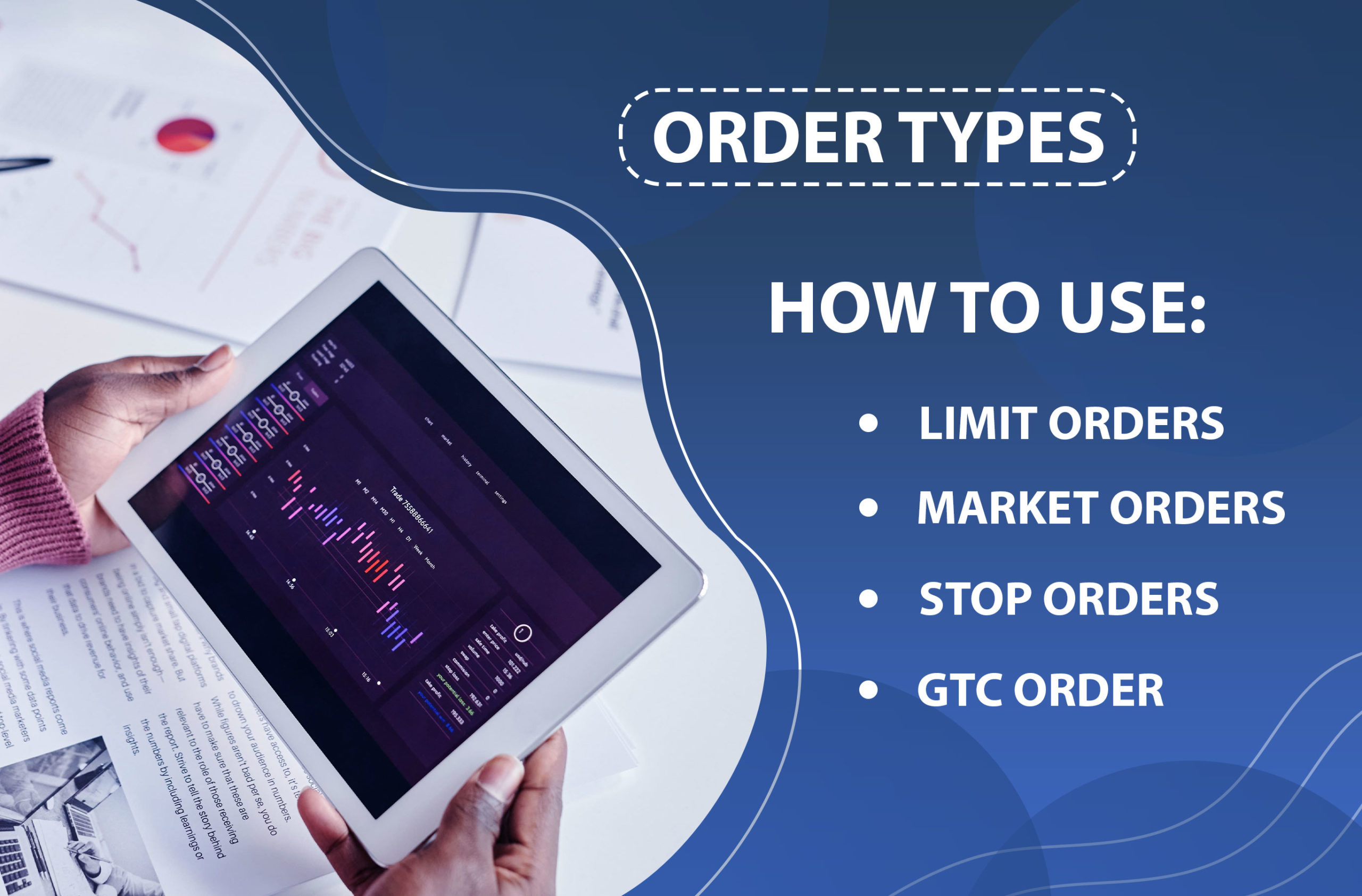Options trading is a powerful tool to produce profit in your portfolio. Whether you are looking for long term profits, short term profits, or to hedge an existing stock, you need a thorough understanding of the markets you wish to trade in.
Options are contracts that give investors the right to purchase or sell a stock or index for a stated price on or before a specific date. An option buyer can purchase a ‘call option’, or sell a ‘put option.’ The Options Clearing Corporation (OCC) issues, guarantees, and clears all option contracts traded on U.S. securities.
Read more about call and put options
Buying Options and Underlying Security
An option contract is derived on the basis of a financial instrument known as the underlying security, for example, a stock or Exchange Traded Fund (ETF). It is typically denoted by the symbol used by the exchange on which it is being traded.
The strike price is the actual price of the underlying security as defined in the contract. The contract also mentions the expiration date on which the contract would become void.
Buying an option gives you the right to exercise the decision of buying the underlying security. An account with sufficient funds is required for your broker to handle the entire option exercise transaction.
When the price of an underlying security moves higher, the call options profit, and if it moves lower, the put options profit.
Why You Should opt for Options Trading
Option trading allows you to benefit from both bullish and bearish markets, so it is advantageous to set aside a small portion of your portfolio to options. In contrast, you only benefit from bullish markets with stocks and most mutual funds.
Option purchases offer more leverage than stocks or mutual funds and usually do not require a margin account. To trade rationally, it is wise to trade options with only those funds that can be lost without undue financial hardship.
Sincerely,
Chuck Hughes











Recent Comments